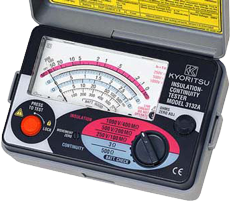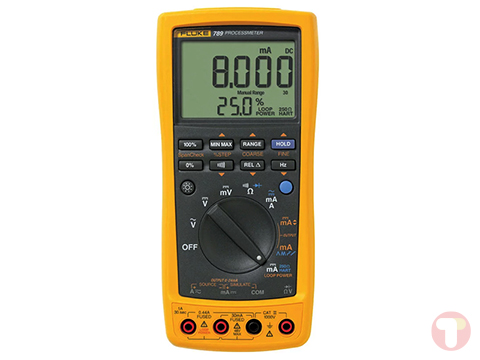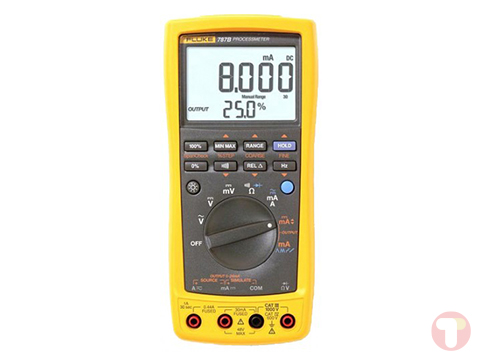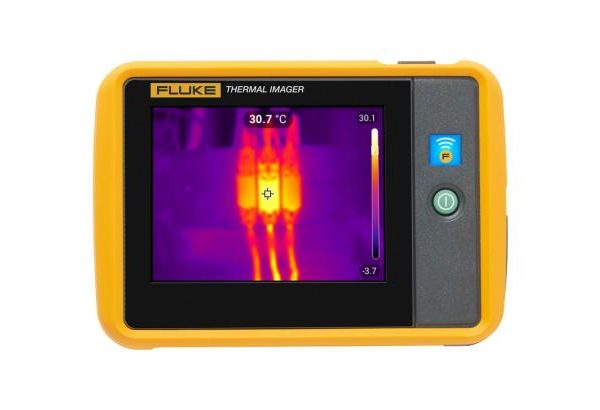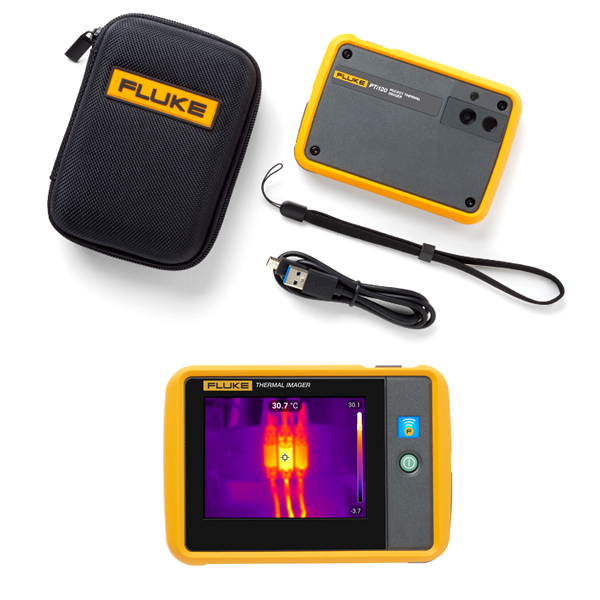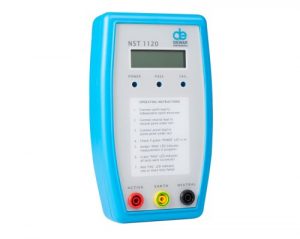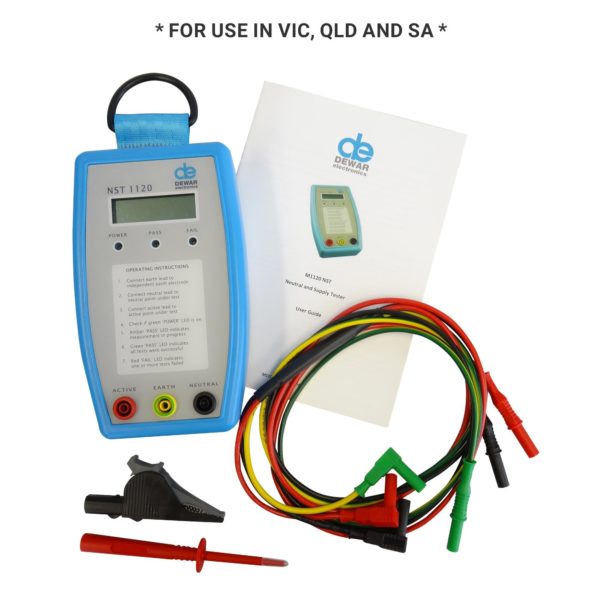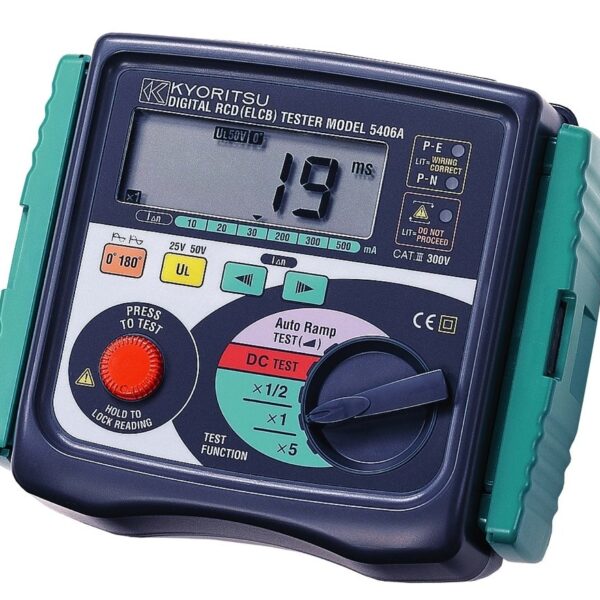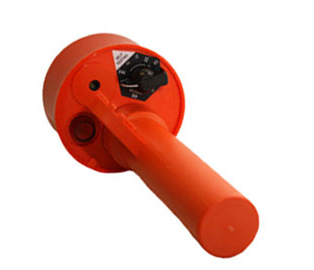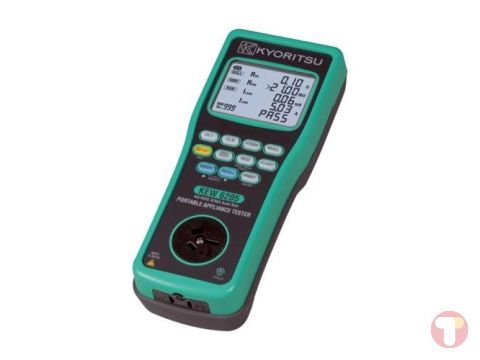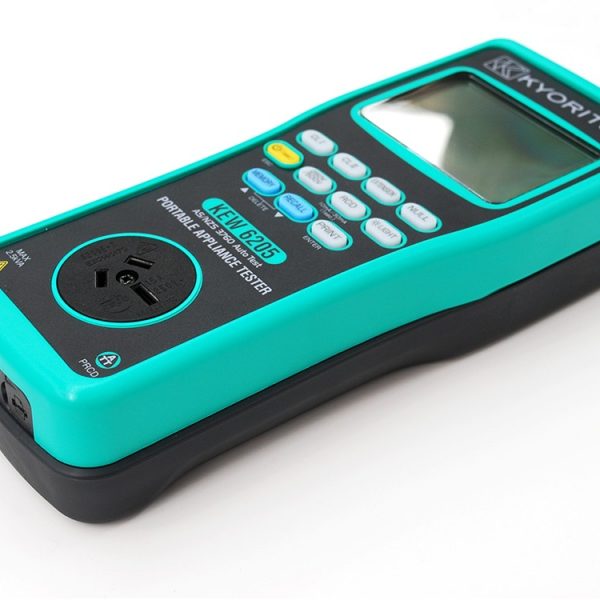- The Kyoritsu 3132A has always been a popular choice because of its price and simplicity for insulation testing.
- Test Voltage: 250V / 500V / 1000V
- Measuring Range: 100MΩ, 200MΩ, 400MΩ
- Voltage Measuring Range – 0~600V AC
- Easy to read scale means no confusing digital readings.
- Zero out your trailing lead resistance so you don’t need to subtract the resistance of your trailing earth lead every time you test.
- •1mA rated test current at the maximum resistance.
- 200mA short circuit current on continuity testing.
- Automatic discharge of circuit capacitance. (any charge stored in the circuit under test will be automatically discharged after testing.)
- Live circuit warning buzzer and neon lamp.
- Small and lightweight. Shock resistant new case material.
- AC voltmeter with linear, easy-to-read scale.
- CAT III 600V
- Runs on 6 x AA batteries
Why insulation testing is necessary?
All live conductors of electrical appliances and installations must be insulated to prevent electric shock hazards from inadvertent contact or fire hazards from short circuit and equipment damage. In addition, a low insulation resistance can result in a leakage current which causes a waste of energy that increases the running costs of the installation.
Insulation resistance must be checked by applying a higher voltage than the normal working voltage to ensure there is sufficient insulation.
Periodic testing is also important to ensure that insulation of installations or appliances is not deteriorating. Foreign matter and mechanical factors like wear or breakage may reduce insulation resistance. Regular tests can detect possible fault in insulation.


